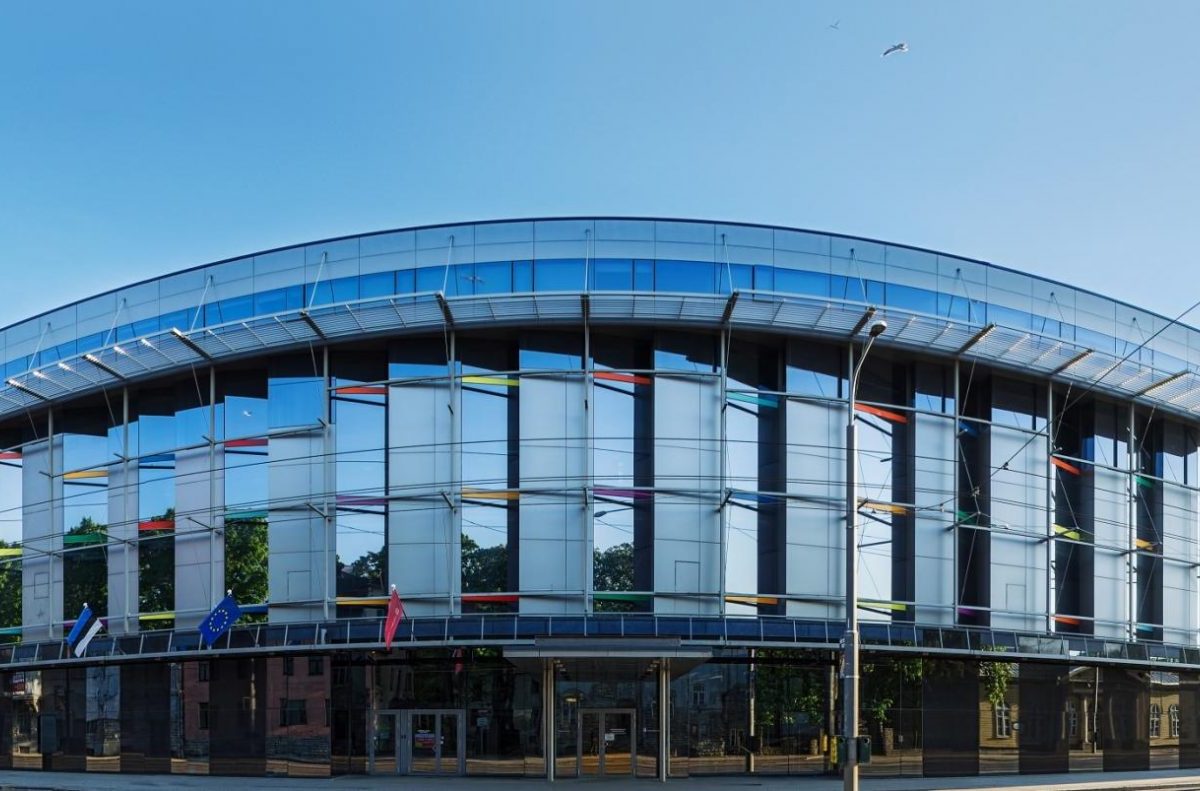Tanya Escudero is a Postdoctoral Researcher at the School of Humanities, where she just started her Mobilitas Pluss postdoctoral research project under the supervision of Prof Daniele Monticelli. Over the next two years she will study the ideological impact of news translation on the migration discourse in Spanish and Mexican media.
Tell us about your new research project.
In my new project, I study the role played by the translator’s ideology in translated news about migration, particularly the discourse on migration coming from political spheres. For that, I analyse translated news and readers’ comments published in online newspapers (and their official Twitter accounts) which have clearly shown different political tendencies from two countries: Spain, as a European country of destination and transit for migrants, and Mexico, which acts as a country of transit for migration (mainly towards the US) but is also considered a nation with a large migrant population. My purpose is to understand how the translators intervene by using different translation strategies and what is the effect of this mediation on their audience.
Why is the topic of your project relevant?
Migration has become in the last decades one of the main social concerns and subject to policies around the World and, more particularly, in Europe. As a result of their impact on society, narratives on migration in the news have been widely studied. After all, people’s reactions are frequently influenced by the way in which migrant communities are depicted. However, the study of these narratives has been usually undertaken from a monolingual point of view, overlooking the fact that a large amount of information circulating in the European and international media about migration is actually based on translated news. Readers from different languages are considered to be reading ‘the same news’, extracted from the same source, but the information they receive is very often ‘filtered’ through translation and editing, which can lead to shifts in the discourse. Therefore, it is vital to understand how translation, which is the tool that makes information available beyond language restrictions, reshapes those narratives and what is their impact on the reader.
How will the results impact the field of research and society?
In recent years the topic of this research has aroused the interest of governments and international institutions (e.g. Horizon 2020 scheme “Narratives on migration and its impact: past and present”), NGOs, and the research community. This has created very favourable conditions for providing new research which promotes the integration of migrant communities. The results of my study can support national and transnational institutions to formulate new policies or apply solutions which help tackle challenging issues related to migration, arising from the ideological mediation of texts, and provide objective information to citizens.
Moreover, I think the methods developed in this project can be applied at a regional level to examine the narratives on migration present in Estonian media, study their effects on the public opinion and promote the implementation of new protocols and policies which improve the inclusion of migrant communities.
What is your 2-year perspective? How do you plan to organise the research in Tallinn? How do you see your possible contribution to the wider research and teaching activities of the School of Humanities?
In addition to disseminating the results of my research in academic publications and international forums and promoting collaborations with prominent R&D institutions, such as the Centre of Discourse Studies (Barcelona), my aim during these two years is to develop links with key organisations such as the Ethical Journalism Network and NGOs working on migration.
I will also be involved in the teaching and research activities of the curriculum in Translation Studies, including lectures and the coordination of seminars, and I hope to contribute to the linguistics department by collaborating with my colleagues here in promoting research on translation, a field which is exponentially growing at TLÜ. Ultimately, I would like to be an active part of that growth and strengthen the international competitiveness of the university in this pivotal field.
Link to full interview at Tallinn University’s Website [https://www.tlu.ee/en/ht/mediahub/blogs/interview-tanya-fernandez-escudero]


105 Comments
Comments are closed.